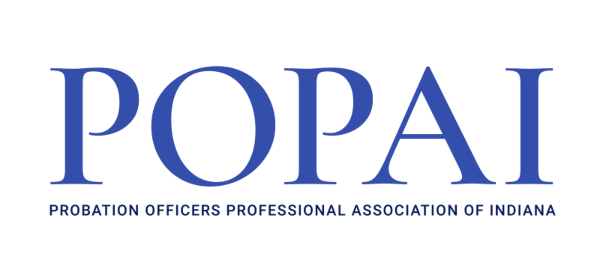TERRE HAUTE, Ind. (WTWO/WAWV) — The pandemic has taken a toll on day-to-day life for most people, including those in the recovery community.
From the loss of in-person recovery meetings, to unemployment and furloughs, to a general sense of disconnect, recovering addicts are faced with several COVID-19 related hurdles as they navigate through the process.
How the recovery community is challenged by the pandemic:
“It’s just kind of like they’re being set up for failure,” Deanna Griffin, a local peer recovery coach, said, “We’re doing all we can to stay connected the best way we can, but it’s definitely been difficult.
On the state level, unsettling statistics show how isolation and disconnect can affect those struggling with addiction.
“People staying home, it’s harder for people to access resources,” Doug Huntsinger, Governor Holcomb’s Executive Director for Drug Prevention, Treatment, & Enforcement, said. “Starting in January of this year, we began to see about a 35 percent increase in Naloxone administration by EMS.”
State data shows how prevalent the issue of opioids was even before the pandemic, with an average of 107 EMS incidents a year in Vigo County alone involving Naloxone administration, and 10 opioid-related deaths in the county in 2019.
In response to the ongoing issue, in May, Governor Holcomb announced nearly $1 million in funding for the distribution of 25,000 doses of Naloxone statewide. Loved ones of Hoosiers at-risk for overdose are encouraged to apply to receive the Naloxone, making it more accessible to the average citizen.
“Our hope is that the Naloxone will allow for people to have that second chance to get back into recovery, or maybe enter recovery for the first time,” Huntsinger said.
Health officials say Naloxone is easy to administer and has no adverse effects if someone who isn’t overdosing were to accidentally use it.
“Naloxone just blocks the opioid receptors in the brain, so if there are no opioids present to block, then there is no ill effects of taking Naloxone,” Huntsinger said.
Griffing, a recovering addict herself, said she loves the life-saving drug and its ability to provide people with a second chance.
“When I was suicidal and in my addiction, and I’d overdose on pills, fortunately I never got to the point of where I needed Narcan,” Griffin said, “But, you know, if makes me think ‘what if? what if?’ I was worth it.”
Deanna Griffin shares her experiences with addiction
Griffin encouraged people to keep Naloxone on hand, whether you know a person at-rick of an overdose or not.
“We have it in our recovery houses, whenever we get them in, I’m taking them to other recovery houses, the gas stations, anywhere possible,” Griffin said, “I think regardless if you think you know someone or not, I think that it’s something that everybody should have in their medicine box.”
Griffin said a next step she’d like to see in the community is the addition of programs within the new Vigo County jail to help those seeking recovery, as well as more funding for recovery houses in the area.
To fill out a request for Naloxone, visit the link here.
